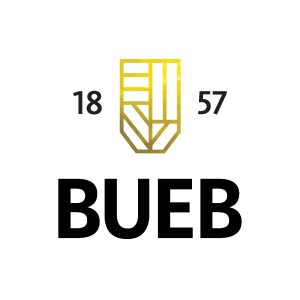Our practice-oriented training prepares students to enter the job market as communication professionals, spokespersons, digital content creators, social media managers, PR experts, or crisis communication consultants for domestic and multinational companies or state organisations. Business communication sits at the heart of what we do, but you will also have the opportunity to try your hand at content creation, reporting, interviewing, camera operation, and editing as part of the university’s media workshop.
Upon completion of the programme, you will receive a degree certifying your qualification as a Communicator.
The Communication and Media Studies BA is taught at our city centre campus, and is also is offered full-time in English.

